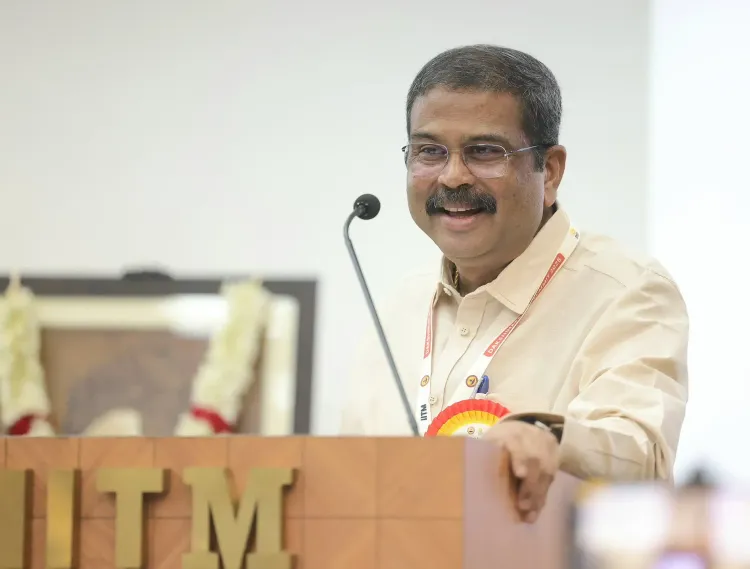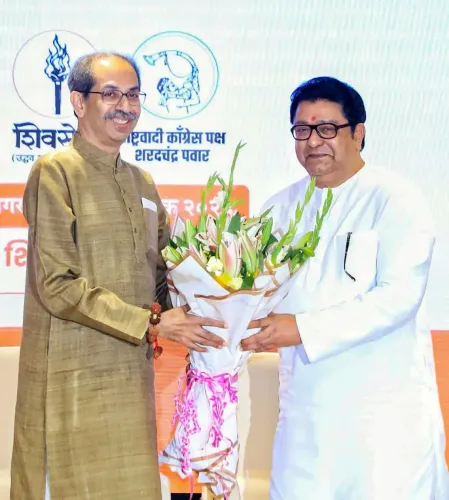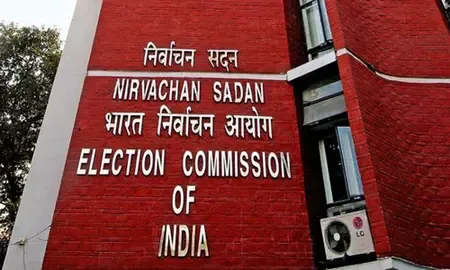Should Education Rise Above Politics? Dharmendra Pradhan Urges TN to Embrace Three-Language Policy

Synopsis
Key Takeaways
- Education should be free from political influence.
- Three-language policy promotes multilingualism.
- Centre allocates significant funds for education in Tamil Nadu.
- Collaboration between state and Centre is essential.
- Reforms in school education are urgently needed.
Chennai, Sep 21 (NationPress) Union Education Minister Dharmendra Pradhan on Sunday urged the Tamil Nadu government to separate politics from the execution of the three-language policy under the National Education Policy (NEP). He emphasized that the Centre's initiatives, including financial aid, are directed towards enhancing student welfare and educational opportunities, and should not be used as a tool for political agendas.
While addressing the media at IIT-Madras, Pradhan pointed out that the matter of education funding has been persistently raised by the state.
"I have been discussing this for the past two years and clarified it in Parliament as well. The entire nation has embraced the NEP. The Centre provides significant funds to Tamil Nadu annually for education, which includes the mid-day meal initiative and other programs," he stated.
The Minister revealed that Tamil Nadu's Education Minister Anbil Mahesh Poyyamozhi and DMK MP Kanimozhi had contacted him regarding the fund disbursement.
"I clearly communicated that the state must align with the Centre's framework before the release of funds under Samagra Shiksha. These funds are exclusively for student welfare and should not be subjected to political negotiations. Both parties should engage with mutual respect," he added.
Pradhan criticized the DMK government for opposing the three-language policy, arguing that students should not be deprived of broader learning opportunities due to political motives.
"What is the harm in learning three languages? In schools across Tamil Nadu, languages like Telugu, Urdu, and Malayalam are already part of the curriculum. The NEP merely states that students should learn their mother tongue alongside two other languages of their choice. The Centre does not impose any specific language on anyone," he asserted.
He also referenced the suggestion made by Andhra Pradesh Chief Minister N. Chandrababu Naidu that students should learn up to ten languages, emphasizing that multilingualism boosts knowledge and job opportunities.
During the event at IIT-Madras, the Minister expressed his desire to learn Tamil, describing it as a rich and historic language.
"From Kashi to Tenkasi, people share common cultural roots. To master multiple languages, one must first excel in their mother tongue. India has 30 crore students, yet nearly 30 percent drop out after Class 12. We need significant reforms in school education to tackle this issue," he said.










